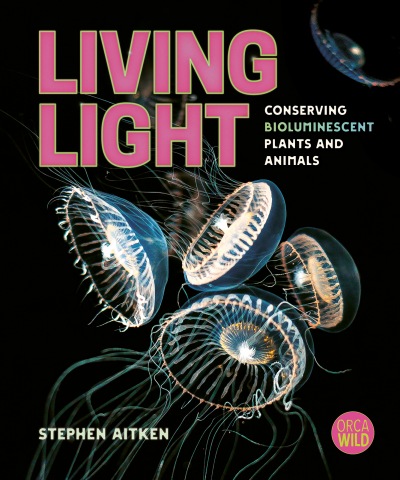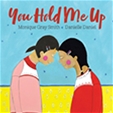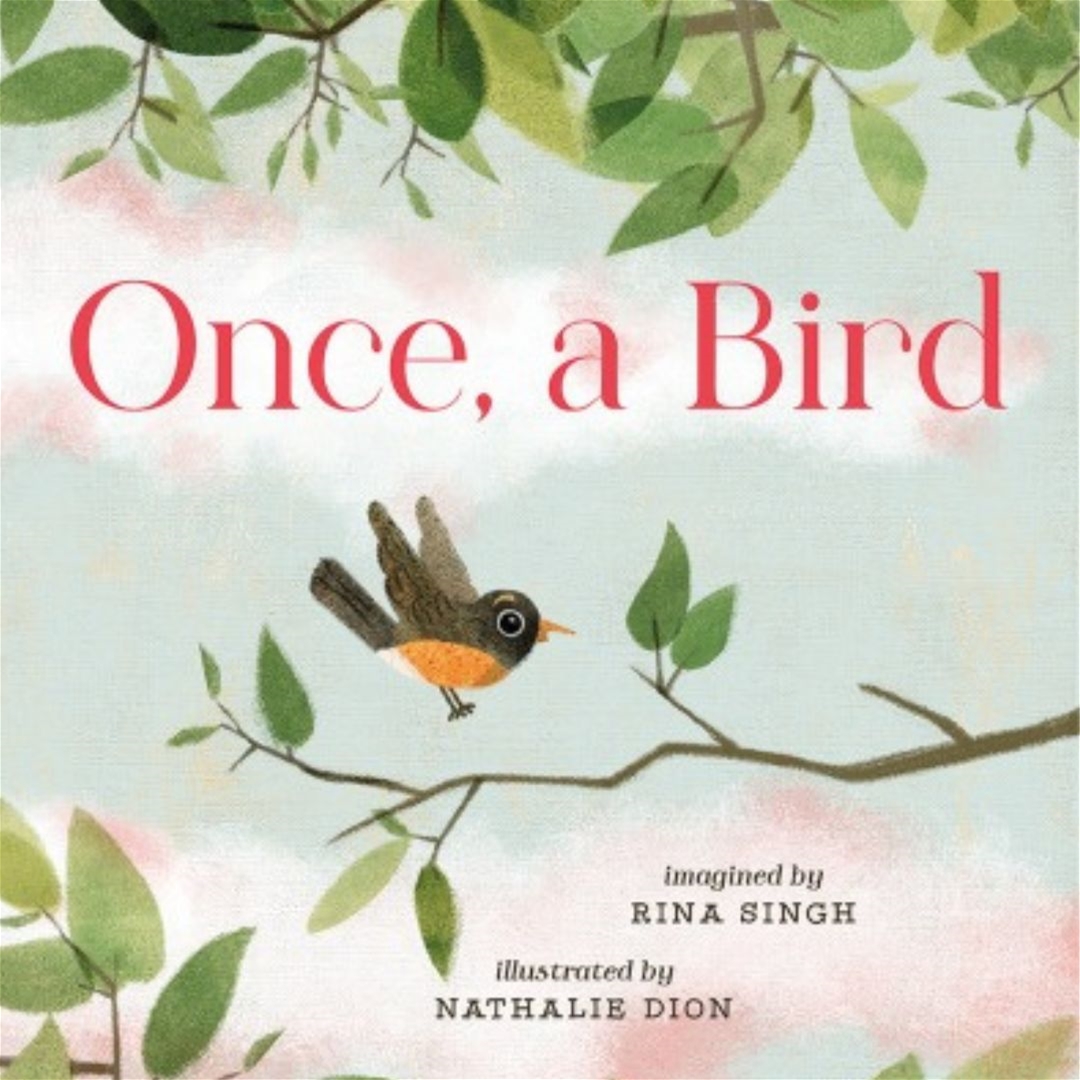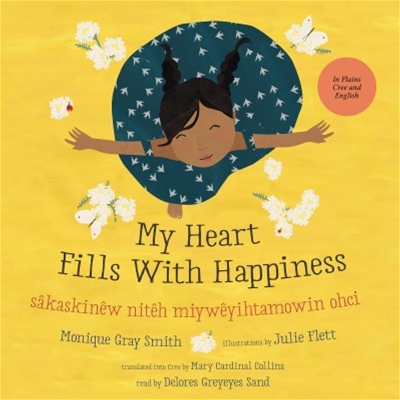Featured Titles
What Are You Looking For ....
About from Orca Book Publishers
Orca acknowledges that the area in which we work is occupied by people, ourselves included, who are largely not indigenous to this area. We live and work within the Traditional Territories of the Lkwungen (Esquimalt and Songhees), Malahat, Pacheedaht, Scia’new, T’Sou-ke and WSÁNEĆ (Pauquachin, Tsartlip, Tsawout, Tseycum) Peoples. We are grateful for the natural beauty and resources we have access to and aim, through the books we publish, to play a part in raising readers and citizens who will have a great understanding of our history and this land. Learn more about Orca Book Publishers.













